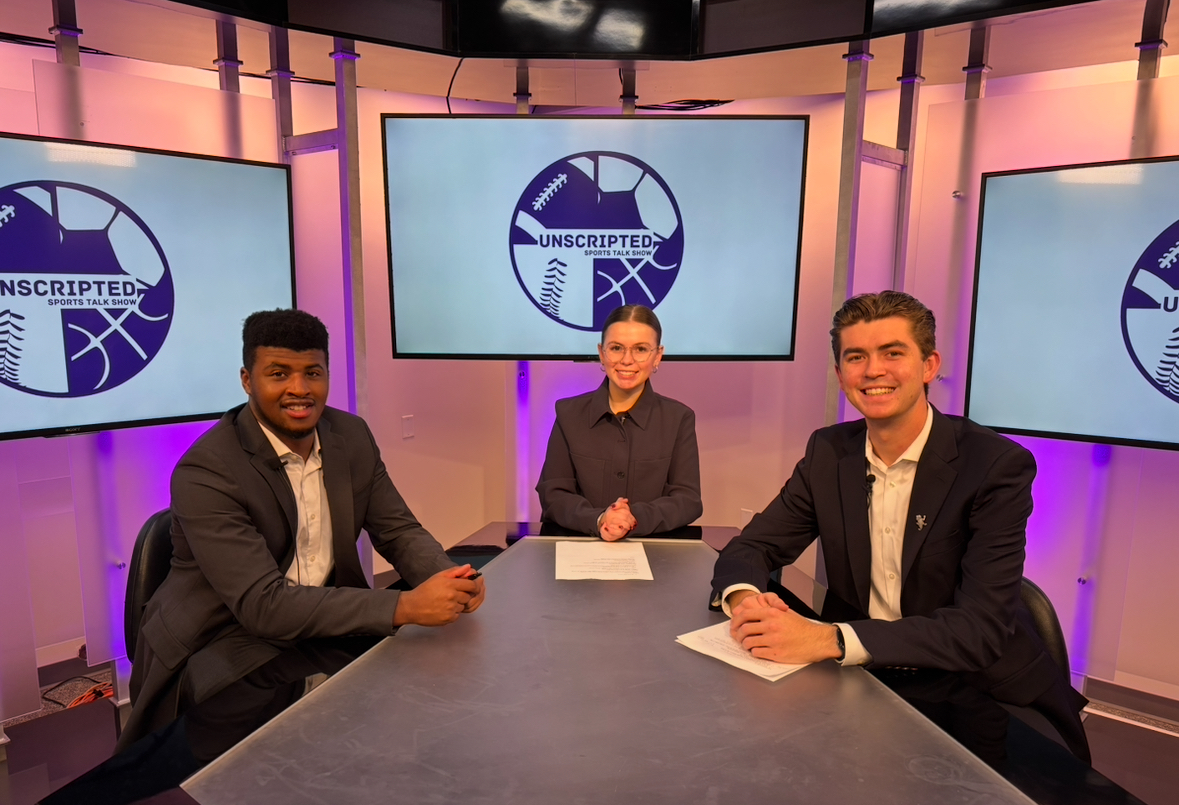On July 14, TCU running back Aundre Dean posted a video on his Twitter account of a skirmish that occurred at a practice earlier in the spring. A few hours later, Dean took down the video, and posted another tweet apologizing for releasing the video.
“I had to take down the practice fight video due to higher authorities! That is not what TCU promotes at all I should have known better!” he tweeted.
Fast forward to Friday, where Head coach Gary Patterson spoke at the Texas Private School Coaches Association. When the topic came up about social media and the usage of Twitter, Patterson mentioned the incident that occurred with Dean.
He told the audience that as punishment for releasing the video that put the program in a bad light, Dean, who is a broadcast journalism major, is no longer allowed to interview people from the basketball or volleyball teams for potential stories.
Now, it’s understandable that Patterson would want to discipline Dean for his tweet. It makes sense that Patterson and the football program does not want to tarnish its image as a well-run program.
"You don't air your family business outside, do you? I don't want to stop kids from being who they are. But they have understand they are a bigger part of something when they are part of a team," Patterson said at the conference in a blog post by Mac Engel of the Fort Worth Star-Telegram.
But to punish a player academically for an athletic mistake seems misguided.
For a broadcast journalism major, the student's demo tape and clips are everything. It’s what students send out to news stations when they are looking for a job. Based on what Patterson said at the conference, Dean is no longer allowed to do stories about two big athletic programs on campus.
That means there are now fewer stories for Dean to cover in his time at TCU. That could potentially make his demo tape not as strong as another student applying to a position, one who was not prohibited from covering the basketball team.
It raises the question if the athletic department even has the right to tell Dean who he is allowed to interview. According to Section 2.1 of the 2010-2011 NCAA Constitution, “The admission, academic standing and academic progress of student-athletes shall be consistent with the policies and standards adopted by the institution for the student body in general.”
Going by the rules of the Schieffer School of Journalism, the only story Dean would be prohibited from covering would be football, because of the conflict of interest.
One could argue that this decision does not comply with NCAA rules and regulations.
Patterson has done an incredible job highlighting the importance of an academic education at the university. It’s been refreshing to see a coach who looks at his players as real people and knows that there’s more to life than the game of football.
This makes the decision that much more disappointing. Make him run some wind sprints or have him clear up the gear after practice, but don’t hurt Dean’s future.
Pat Burns is a 2011 TCU Schieffer School of Journalism graduate from Plano, Texas




